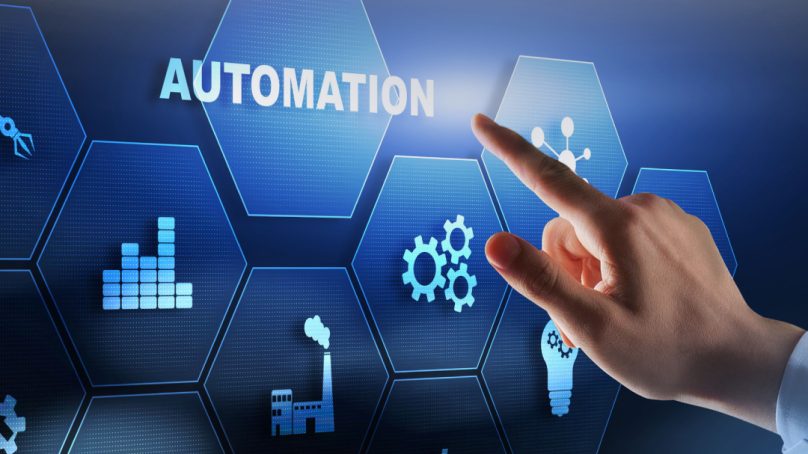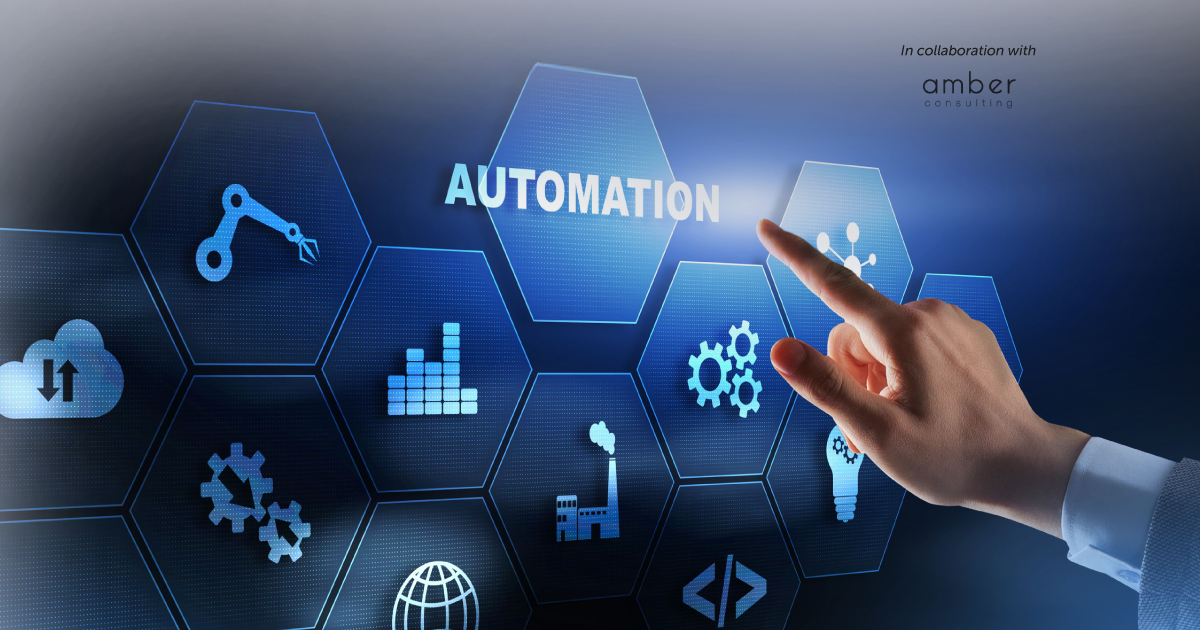

The hospitality industry stands on the brink of a transformative era, with Artificial Intelligence (AI) steering unprecedented changes. Today, both restaurants and hotels are expected to integrate AI technologies to enhance customer experience, streamline operations and offer personalized services.
Against this backdrop, there is much to be gained from exploring how key industry players are integrating AI-led initiatives across customer journey touchpoints. Doing so sets the scene for a timely, welcome analysis of the extent of AI’s integration and asking questions that certainly deserve thought. ‘Where exactly should we draw the line between innovation and overreach?’ is one and ‘How far is too far?’ another. AI is increasingly proving to be an effective and disruptive force in both the dining and lodging segments, delivering results in several, far-reaching ways.
Dining scene disruptors
Automating customer interactions: fine dining restaurants are using AI for reservations and inquiries. This area holds plenty of promise; for example, upscale restaurants in major cities could employ AI chatbots on their websites to handle reservation requests and answer FAQs about dress codes or menu specifics.
Personalizing customer experiences: AI-driven systems are being utilized to remember repeat guests’ preferences, such as favorite tables or dietary restrictions, to personalize the dining experience. Restaurants like those with a Michelin star or venues that are part of luxury hotel chains are well suited to be pioneers in this area.
Optimizing back-of-house operations: AI is also being used for inventory management and to predict ingredient needs based on reservation data. This facility is useful for helping to reduce waste and ensure the availability of seasonal and specialty dishes.
Improving staffing and scheduling: premier restaurants are moving to leverage AI to analyze booking patterns and optimize staff scheduling. This is helping to ensure that the guest-to-staff ratio is always ideal for providing personalized service without overstaffing.
Innovative kitchen appliances: these appliances offer smarter, more efficient cooking experiences. They can learn from your preferences to suggest recipes, adjust cooking times and temperatures for optimal results, and even order groceries when supplies are low. Smart fridges can track expiration dates and suggest meals based on what’s inside, while AI ovens can monitor the cooking process and make adjustments in real-time. This technology not only saves time and reduces waste, but also helps in achieving consistently perfect culinary results.
Automation: A step further
Today’s fine dining scene is witnessing the entrance of groundbreaking concepts like ‘The AI Cuisine’ from Tokyo, Japan. Bringing innovation and a fresh perspective to the industry, this pioneering platform uses AI to create unique recipes, offer detailed reviews of restaurants that incorporate AI and design dining environments and menus based on AI’s insights. Its goal is to make fine dining more personalized, innovative and aligned with modern trends and sustainability, thereby making high-end dining experiences more widely available.
Leveraging automation for lodging
Automated guest services: AI chatbots and virtual assistants are being widely adopted to handle guest inquiries and requests, offering 24/7 support without human intervention. Marriott International, for example, utilizes AI-powered chatbots on multiple platforms to communicate with guests, enhancing the customer service experience, from pre-arrival to post-departure.
Smart room features: hotels are implementing AI to offer personalized room environments. Hilton’s Connected Room platform allows guests to use their smartphones or devices to control room features like lighting, temperature and entertainment, tailoring their stay to their preferences.
Efficient check-in/out processes: AI-enabled kiosks are streamlining the check-in and check-out processes, making them quicker and more efficient. Premier Inn has introduced automated self-check-in/out kiosks, significantly reducing the time guests spend at the front desk.
Dynamic pricing strategies: AI is revolutionizing how hotels manage revenue through dynamic pricing algorithms. These systems analyze data such as booking trends and market demand to adjust prices in real-time, optimizing occupancy and revenue. The Cosmopolitan of Las Vegas has utilized AI for pricing optimization, significantly increasing their profit margins.
Charting the future
As we integrate AI into the hospitality industry, a pressing question emerges: how far is too far? The balance between technological convenience and the human touch becomes crucial as we consider the long-term impact of AI on hospitality.
The risk of over-automation
While AI can streamline operations and offer personalized experiences, over-reliance on technology risks alienating guests who value human interaction. The personal touch – a warm greeting at check-in, a conversation about one’s stay during checkout – remains irreplaceable. For instance, while automated checkouts and AI-driven feedback systems offer efficiency, they cannot replicate the genuine concern and immediate response of human interaction.
Customization vs. authenticity
AI’s ability to customize experiences is unmatched, but there’s a fine line between personalization and a lack of authenticity. Guests might enjoy tailored recommendations and services, yet the unique, unpredictable elements of travel and dining – often brought forth by human creativity and spontaneity – could be lost.
Risk of consumer fatigue
The novelty of AI in hospitality may wear oª, leading to consumer fatigue, with guests eventually seeking more genuine, human-centric interactions. As technology evolves, what’s cutting edge today might also become obsolete tomorrow, requiring continuous updates and investments.
A hybrid future with automation?
Perhaps the future of hospitality lies in a hybrid model that leverages AI for efficiency and personalization, while preserving the essence of human interaction at critical touchpoints. AI could handle repetitive tasks and data analysis, freeing up staff to focus on providing warmth, empathy and personalized care that technology cannot replicate.
Food for thought about automation
- At which points during the customer journey is a human touch irreplaceable?
- How can we ensure that AI enhances, rather than detracts from, the authenticity of the guest experience?
- What strategies can be employed to keep AI in hospitality exciting and relevant for guests over time?
It’s worth remembering that there are moments in hospitality when a human touch is essentially irreplaceable, from the initial greeting at check-in, through personalized concierge recommendations to the empathetic handling of any special request, complaints or emergencies. In these scenarios, the nuanced and caring interactions offered by staff can significantly enhance the overall guest experience. There is a strong argument for suggesting that the solution lies in a delicate balance between automation and personal service, ensuring that AI serves as a tool to enrich the guest experience rather than diminish it.














